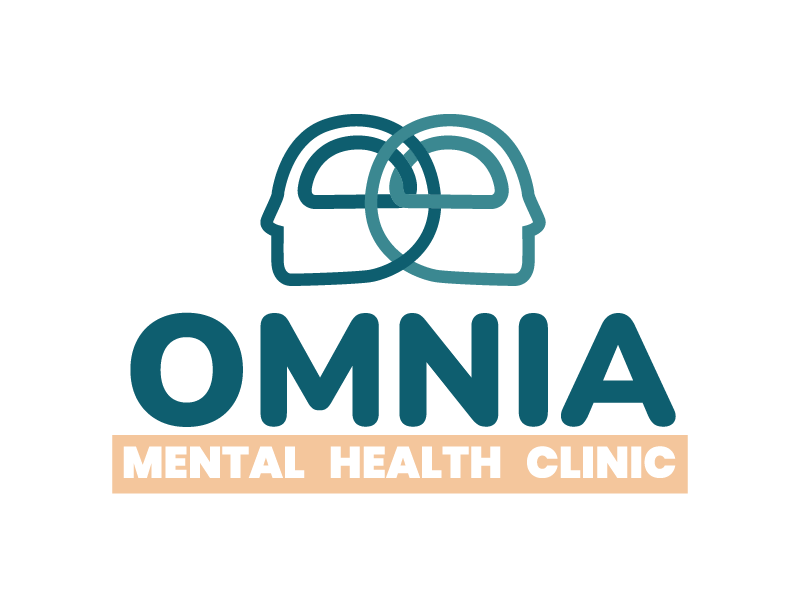
Educational/Learning Assessments (Dyslexia & Dyscalculia) – ADHD
(Children and adults)
What Is Dyslexia?
Dyslexia is a reading-related learning problem. Dyslexics have difficulty reading at a fast rate without making mistakes. They may struggle with reading comprehension, spelling, and writing as well. These difficulties, however, are not due to a lack of intelligence.
People with dyslexia often have difficulty reading fluently. They frequently read slowly and make errors. This may have an impact on how well they understand what they’re reading. When other people read to them, though, they frequently understand the text without difficulty.
Dyslexia can also make it difficult to learn new skills. These are some of them:
- Reading comprehension
- Spelling
- Writing
- Math
Dyslexia signs and symptoms
Dyslexia affects people in a variety of ways. As a result, symptoms may differ from one person to the next.
Trouble decoding words is a common symptom of dyslexia. The capacity to connect letters to sounds is referred to as phonological awareness. Phonemic awareness is a more basic skill that children often struggle with.
How dyslexia is diagnosed
People with dyslexia can be assessed by a variety of professions. School psychologists, clinical psychologists, and neuropsychologists are among them. An evaluator will administer a battery of dyslexia tests. They’ll also test in other areas to identify where their flaws and talents are.
What Is Dyscalculia?
Dyscalculia is a mathematical learning issue. People with dyscalculia struggle with math on a variety of levels. They frequently struggle with fundamental ideas such as greater vs. smaller. They may also struggle with simple math tasks as well as more sophisticated concepts.
How Dyscalculia Is Diagnosed
An evaluation is the only method to receive a diagnosis. This can be given to anyone at any time. Adults and children are assessed using different tests.